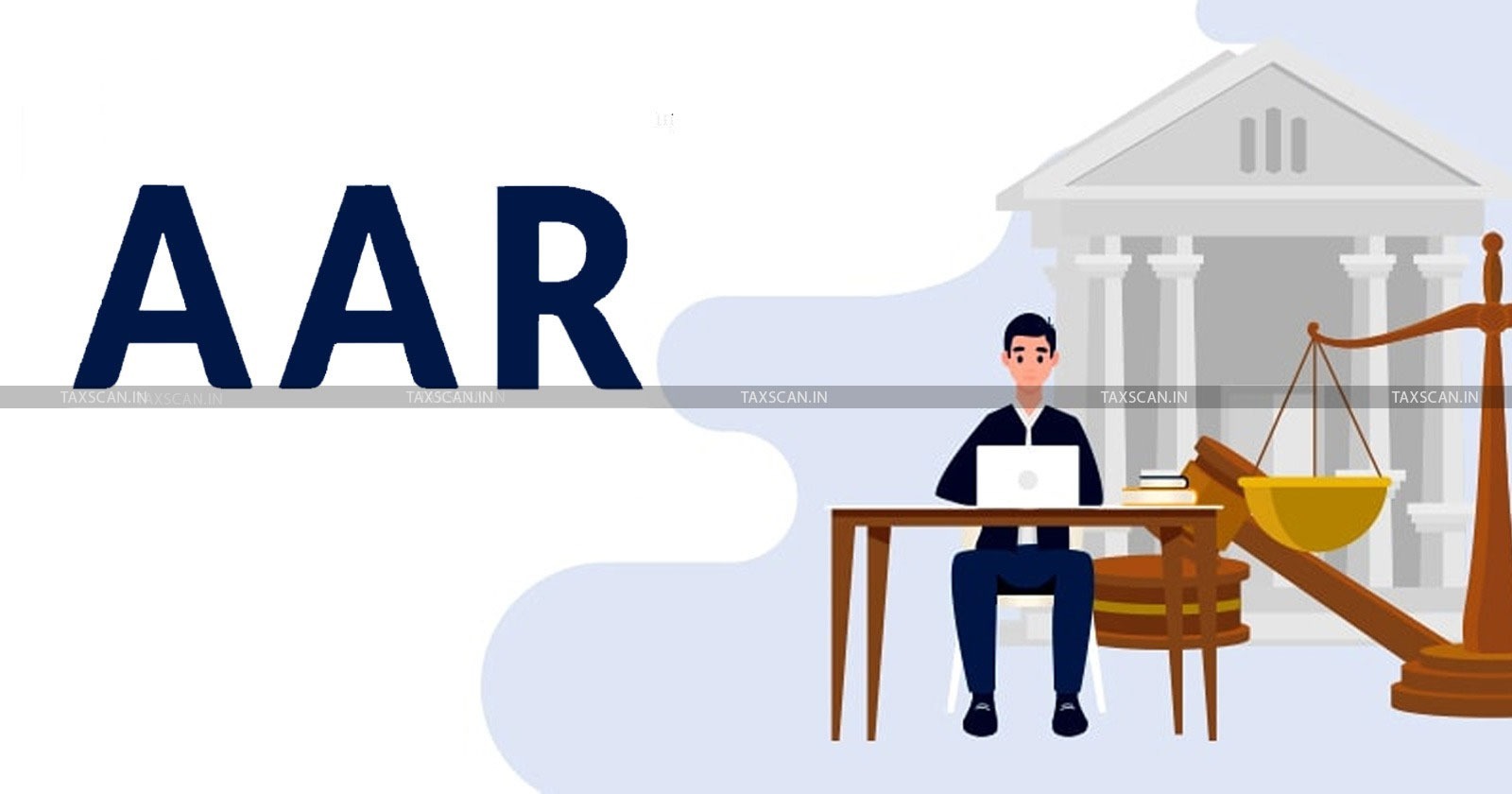Delayed TDS Payment: Jharkhand HC Quahes Proceedings initiated under Income Tax Act considering Payment of tax with interest [Read Order]
The continuation of the criminal proceeding against the petitioners will amount to abuse of process of law
![Delayed TDS Payment: Jharkhand HC Quahes Proceedings initiated under Income Tax Act considering Payment of tax with interest [Read Order] Delayed TDS Payment: Jharkhand HC Quahes Proceedings initiated under Income Tax Act considering Payment of tax with interest [Read Order]](https://images.taxscan.in/h-upload/2025/06/14/2044172-income-tax-act-payment-tds-payment-taxscan.webp)
The High Court of Jharkhand has quashed the order passed by the Special Judge, Economic Offences, Ranchi in Economic Offence on finding that the continuation of the criminal proceeding against the petitioners will amount to abuse of process of law. It was found that the amount has been deposited with stipulated interest before filing of the complaint defaulted amount with stipulated interest thereon.
Sri Santosh Kumar Singh , the petitioner No.2 being the partner and the person responsible for the acts of the petitioner No.1- SKS MC Joint Venture, partnership firm, has failed to pay to the credit of the Central Government, the T.D.S. amount deducted by him, to the tune of Rs. 21,72,670/- by the end of the month after deducting such tax at source, i.e., by 30.04.2014.
It was submitted that the undisputed fact remains that the petitioners have deposited the deducted T.D.S. from the payment made with interest thereon till the date of such deposit on 17.09.2014 but after receipt of such payment with interest, instead of compounding the offences, which is compoundable under Section 279 (2) of the Income Tax Act, 1961, just to harass the petitioners knowing pretty well the facts of the case, the prosecution has been instituted.
The petitioners have deposited the said deducted T.D.S. amount of Rs. 21,72,670/- with stipulated interest thereon, on 17.09.2014 after a delay of less than five months from the due date of the deposit. It is also fairly submitted by the counsel for the opposite party No.2 that after deposit of the said amount, this case being Economic Offence Case No. 14 of 2018 has been instituted on 13.04.2018.
Though, it is fairly submitted by the counsel for the opposite party No.2 that the Principal Chief Commissioner or Chief Commissioner or Principal Director General or a Director General of Income Tax Act has been vested with the power of compounding any offence either before or after the institution of the proceedings but since a format is prescribed in Form No.1 under the Central Board of Direct Taxes (C.B.D.T) guidelines; which prescribes a format for the application to be made by the applicant desirous of compounding of any offence, hence, the petitioners having not made any application for composition of the offence, therefore, the complaint has been instituted.
The bench found that Section 279 (2) of the Income Tax Act, 1961 in no uncertain manner, vests the power upon the Principal Chief Commissioner or Chief Commissioner or a Principal Director General or a Director power of compounding the offence upon the senior officers of the Income Tax Department, as already indicated above in this judgment, is that in case the defaulting person deposits the amount before institution of the complaint, the offence is required to be compounded; instead of instituting a complaint and thereby harassing the person who has deposited the amount with stipulated interest before filing of the complaint and wasting the precious time of the courts as well as the officers concerned of the Income Tax Department.
 Also Read:Once AAR Ruling is Upheld by Courts, Dept Cannot Reopen Classification Dispute via Review Petition: Madras HC [Read Order]
Also Read:Once AAR Ruling is Upheld by Courts, Dept Cannot Reopen Classification Dispute via Review Petition: Madras HC [Read Order]
The verbatim of Section 279 (2) of the Income Tax Act, 1961 makes it crystal clear that the Principal Chief Commissioner or Chief Commissioner or Principal Director General or a Director General of Income Tax Act may also suo motu exercise their power of compounding the offence. The instructions to the subordinate authorities in terms of Section 119 of the Income Tax Act, 1961 by the Central Board of Direct Tax, is obviously for the purpose of proper administration of the provisions of the Income Tax Act.
It was found that a form has been prescribed for an application to be made by any person desiring for compounding of any offence but even the instructions of the Central Board of Direct Taxes, nowhere debars the Principal Chief Commissioner or Chief Commissioner or Principal Director General or a Director General of Income Tax Act to suo motu exercise the power of composition of the offences, more so when the amount has been deposited with stipulated interest before filing of the complaint defaulted amount with stipulated interest thereon, the complaint case was filed.
A single bench of Justice Anil Kumar Choudhary viewed that the continuation of the criminal proceeding against the petitioners will amount to abuse of process of law. The bench quashed the order passed by the Special Judge, Economic Offences, Ranchi in Economic Offence Case No.14 of 2018 and set aside against the petitioner.
Support our journalism by subscribing to Taxscan premium. Follow us on Telegram for quick updates


